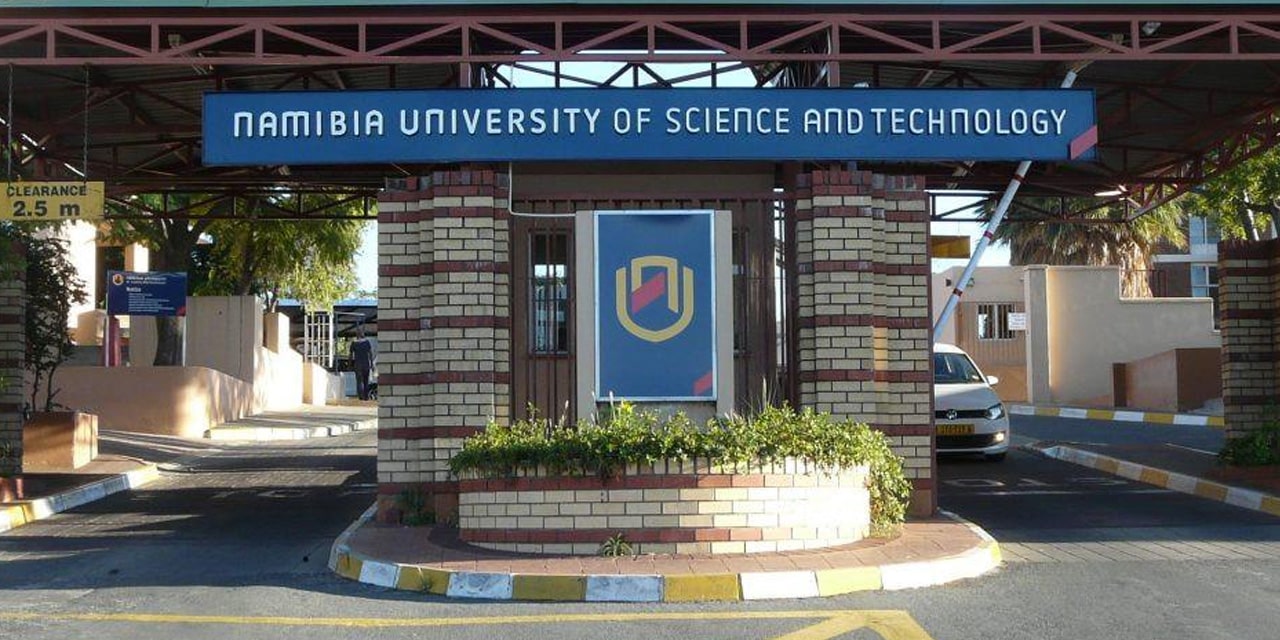Martin Endjala
In Divundu, a rural settlement in Namibia’s Kavango East region where employment opportunities are scarce, the Namibia Berries project by venture capital firm Loxworth Capital has brought newfound hope to local residents by creating much-needed jobs and skill development opportunities.
Regina Muyenga, a young graduate in early childhood development, is among the workers at the berry farm.
Muyenga shared how the project has provided her with stable employment, enabling her to support her family.
“I was unable to find work. Many young people in Divundu do not have jobs and when I saw the chance, I took it,” she said.
Muyenga encouraged other young people to seek alternative employment opportunities when they don’t find anything in their studies.
“In this unemployment stage, as young people, we must do our best to do any job and gain experience and knowledge,” she said.
The berry farm has not only attracted locals but also workers from other regions.
Originally from the Ohangwena region, Elizabeth Nakare now works at Namibia Berries and hopes the project will continue to grow, creating more jobs for others in need of work.
The assistant production manager, Reabetsu Tjiane, explained that employees at Namibia Berries receive benefits such as overtime pay, social security, and annual leave.
“We do our best as a company to look after our employees and from time to time we do give them packs of berries, especially those we cannot export.
Tjiane added that the farm uses advanced drip irrigation, with each plant requiring about 4.3 litres of water per day.
Venture capital firm Loxworth Capital launched the Namibia Berries project in 2021 with the goal of diversifying exports and meeting global blueberry demand.
This N$1.5 billion initiative spans over 250 hectares, with further expansion plans to cover 500 hectares.
With initial exports reaching markets in Hong Kong, Germany, and the UAE, the project has boosted Namibia’s profile in international agriculture.
Namibia Berries, which currently employs about 350-400 people, places a strong emphasis on skill development and training.
Michael Rondeburg, the company’s chief executive officer, said the project has created about 350-400 jobs.
“The success of this project is not determined by the capital we make but by the transfer of skills of the local communities,” he said.
The farm has trained about 30 students through its continuous training programs and plans to install 500 solar lights over the next decade, along with solar-powered boreholes for nearby communities.
Phase one of the blueberry plantation spans 50 hectares, with an additional 25 hectares expected to be planted by Christmas.
Project manager Henry Trollip plans to introduce 150 000 South African plants to the farm, with further expansions planned through 2026.
A hydraulic system efficiently manages the Kavango River water, ensuring sustainable water usage for the project.
Through Namibia Berries, Divundu has become a focal point for agricultural development, taking advantage of the region’s fertile soil and strategic location.
Since the farm’s establishment, its technology and quality control measures have enabled early harvesting, with the first 190 tons of berries harvested this past July.
Meanwhile, manager for technology Eben Wepener said the company planted last year in July and this year in July it held its first harvest of 190 tonnes.
He said the plan is to align their harvest with peak demand months from August to October to remain competitive in the global market.
Production manager, Sehloolho Phori noted that any berries unfit for export are sold locally or donated to the community as part of the company’s social responsibility efforts, further reinforcing its commitment to uplifting Divundu and surrounding areas.




